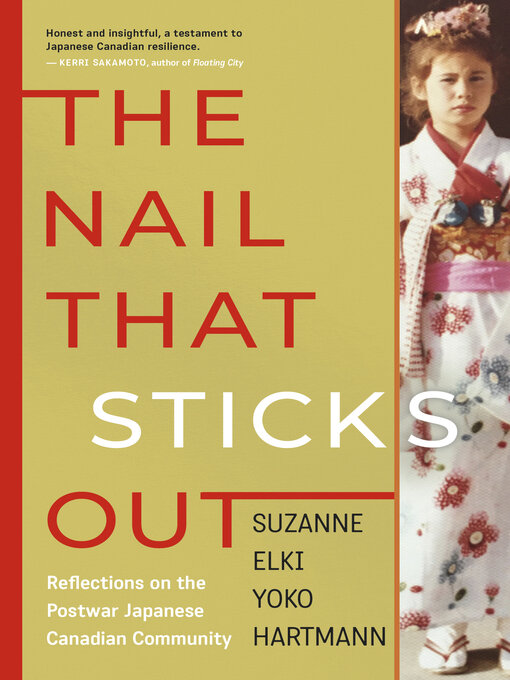When the North American dream meets traditional Japanese conformity, two cultures collide.
Does the past define who we are, who we become?
In April 1942, Suzanne's mother was an eight-month-old baby when her family was torn from their home in Victoria, British Columbia. Arriving at Vancouver's Hastings Park, they bunked in horse stalls for months before being removed to an incarceration camp in the Slocan Valley. After the Second World War, forced resettlement scattered Japanese families across Canada, leading to high intermarriage rates and an erosion of ethnicity. Loss of heritage language impeded the sharing of stories, contributing to strained generational relationships and a conflict between Eastern and Western values.
This hybrid memoir and fourth-generation narrative of the Japanese Canadian experience celebrates family, places, and traditions. Steeped in history and cultural arts, it includes portraits of family and community members — people who, in rebuilding their lives, made lasting contributions to the Toronto landscape and triumphed over adversity.

